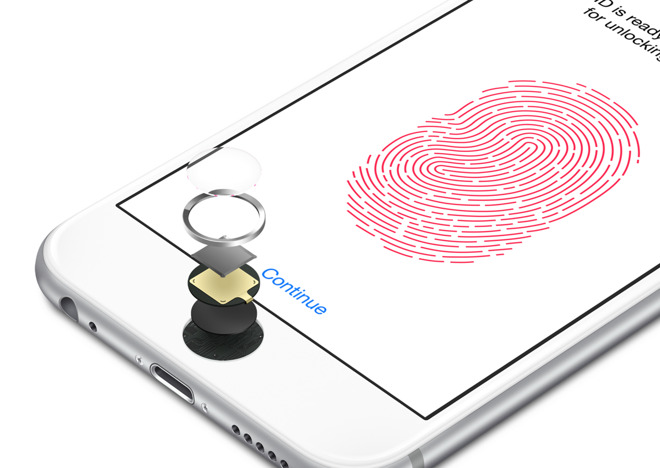Recent news suggests that Apple's (AAPL 0.64%) upcoming iPhone 8 won't support gigabit LTE speeds, because of its desire to dual-source cellular modems from wireless giant Qualcomm (QCOM 0.73%) as well as chip giant Intel (INTC -0.38%).
In a nutshell, Qualcomm sells modems that support gigabit LTE speeds today, while the best cellular modem Intel will offer this year, known as the XMM 7480, will support download speeds of only 450 megabits per second, a little less than half of the peak of the theoretical download speeds of Qualcomm's offerings.

Image source: Apple.
Although some have made this out to be a big deal, I doubt it'll have a significant impact on the sales of Apple's next-generation iPhones. But for those of you who really care about this feature, never fear -- Apple's 2018 iPhone models will almost certainly feature gigabit LTE capability.
Apple gets a viable second source
Apple appears to want to have two sources for its cellular modems. Multi-sourcing critical components is often prudent, especially for ultra-high-volume products such as the iPhone, but in the case of the cellular modem, Apple would be downright foolish to not dual-source, considering the rough legal battle it's fighting with Qualcomm right now.
I suspect Apple wants to keep Intel in the game with respect to cellular modems, and to do that, it's buying enormous quantities of Intel modems, even if it means throttling back the iPhone models with superior Qualcomm modems for now.
The good news for Apple, though, is that next year, Intel's modems should become substantially more competitive than they are today. Intel's upcoming XMM 7560 modem, the company says, achieves download speeds "exceeding 1 [gigabit per second]" and "up to 225 [megabits per second] in the uplink."
Intel still isn't likely to achieve technological parity with Qualcomm's best when the XMM 7560 finally begins to ramp up, but the Intel modems should be closer, and Apple should be able to finally advertise that the iPhone can handle gigabit LTE speeds without needing to rely on a single modem supplier.
Faster LTE won't drive upgrade activity
Although I'm sure that Apple, the various carriers, and others will push the 2018 iPhone's gigabit LTE capabilities as some sort of game changer, I doubt that this feature will ultimately prove to be a particularly strong selling point.
Smartphone customers seem to react more positively to "obvious" features, such as improvements in camera technology, display technology enhancements -- particularly if they drive compelling form-factor changes -- and better battery life.
The way I think about it is something like this: I can't imagine that the typical smartphone customer is going to want to fork over hundreds of dollars for a new smartphone because it features faster LTE speeds, but I could easily imagine such a customer springing for a new phone because it has a full-face display, or because it has new camera features such as a high-quality optical zoom or dramatically enhanced low-light capabilities.
That's not to say Apple shouldn't improve these less obvious features, such as Wi-Fi and cellular speeds, processor speeds, and so on. However, these are features that I think customers appreciate once they've purchased the device and have used it, rather than features that drive customers to buy the new devices in the first place.





